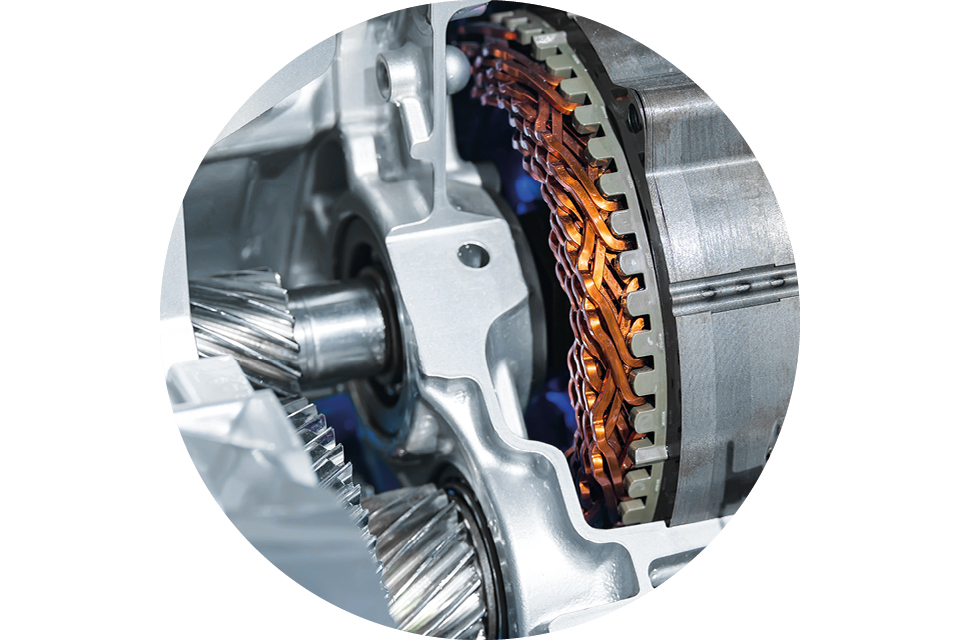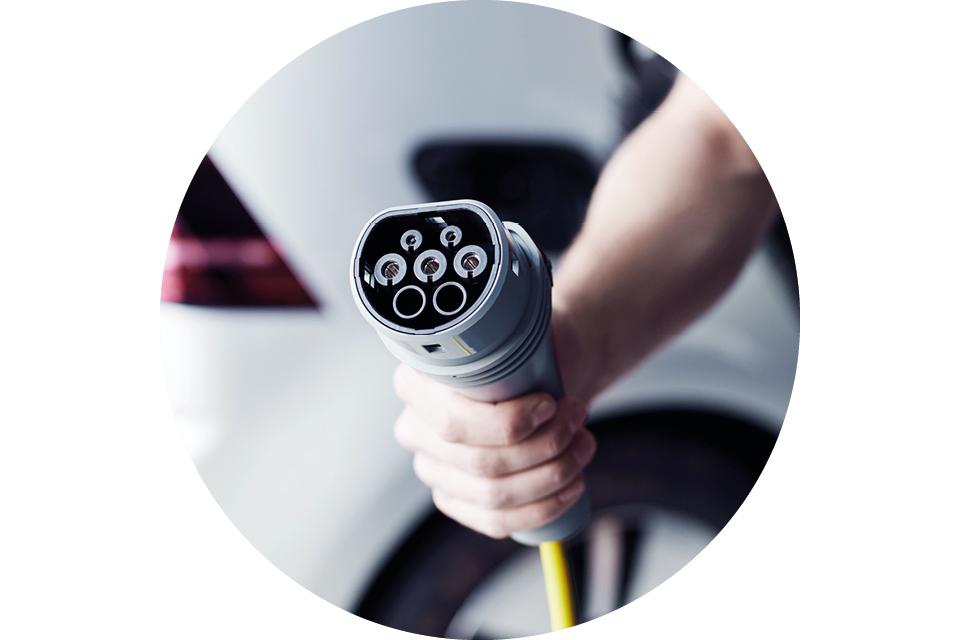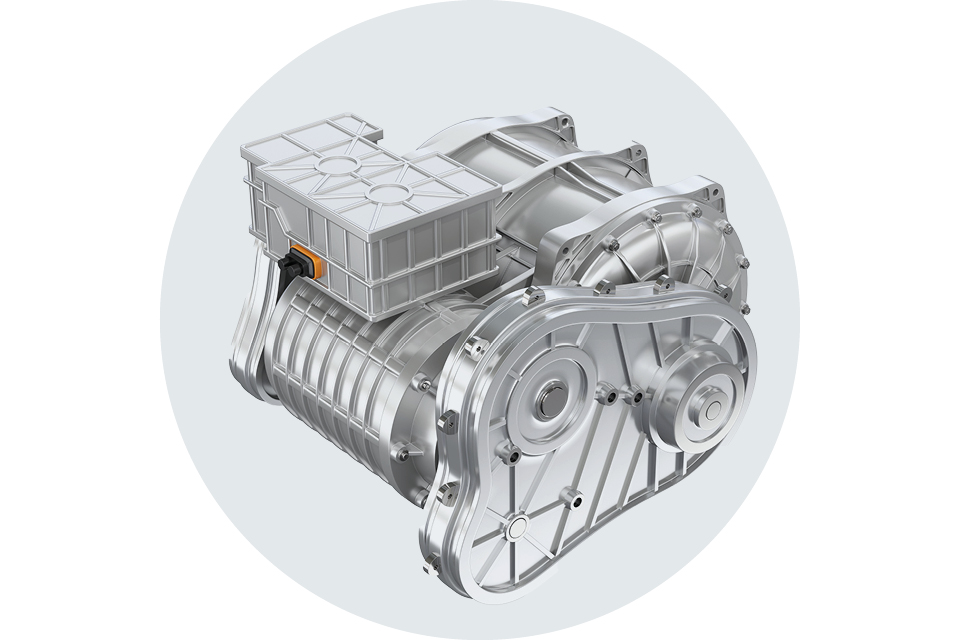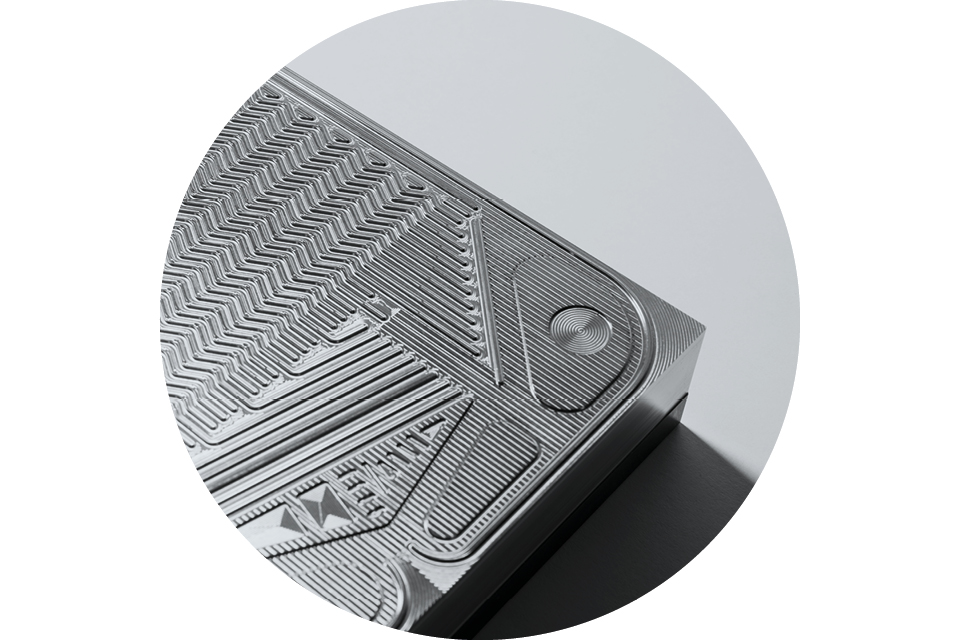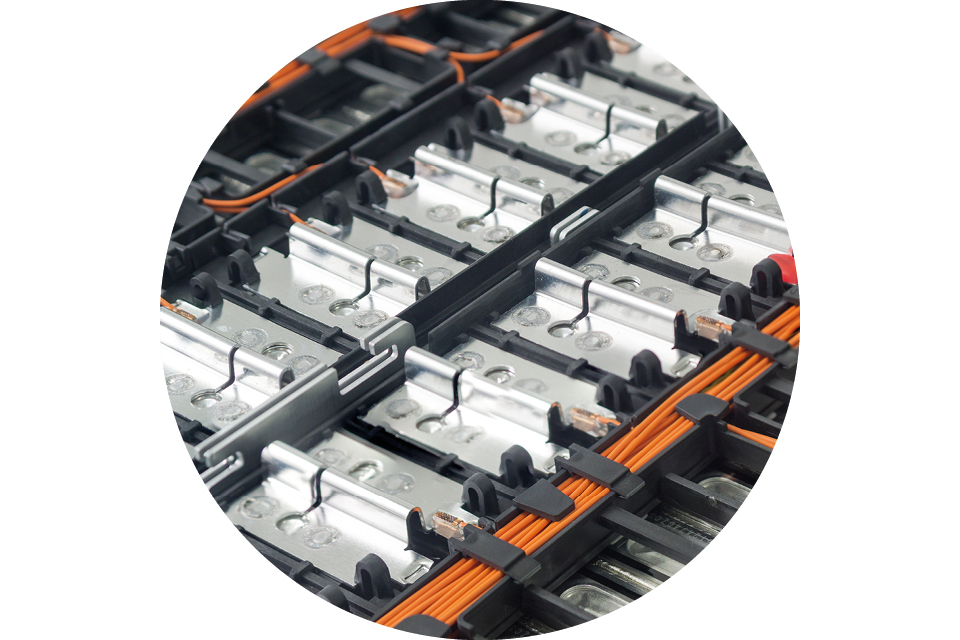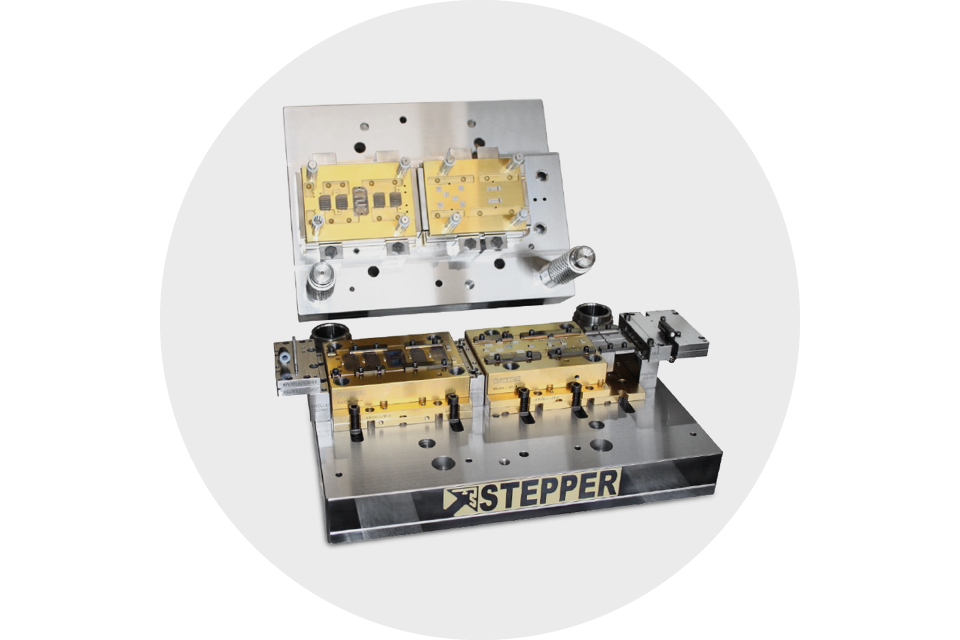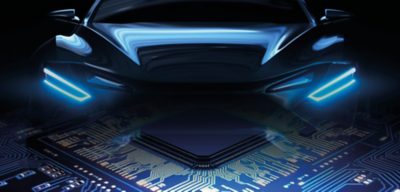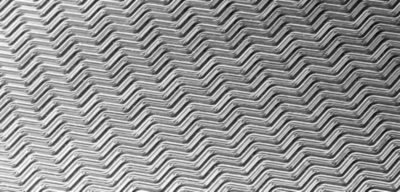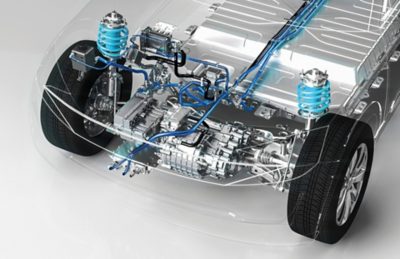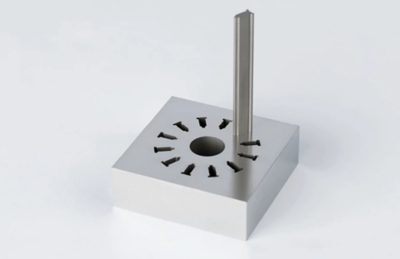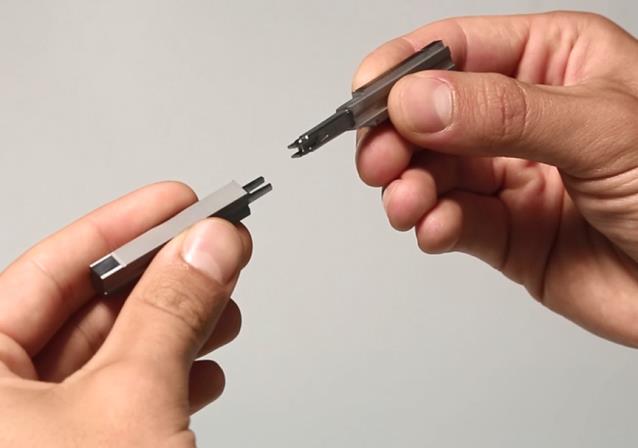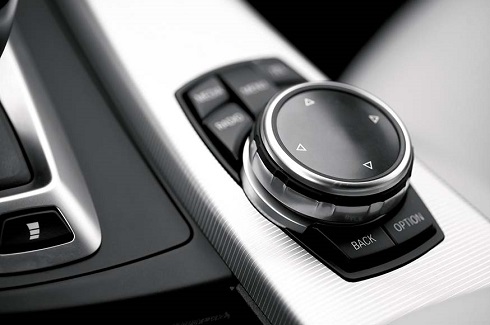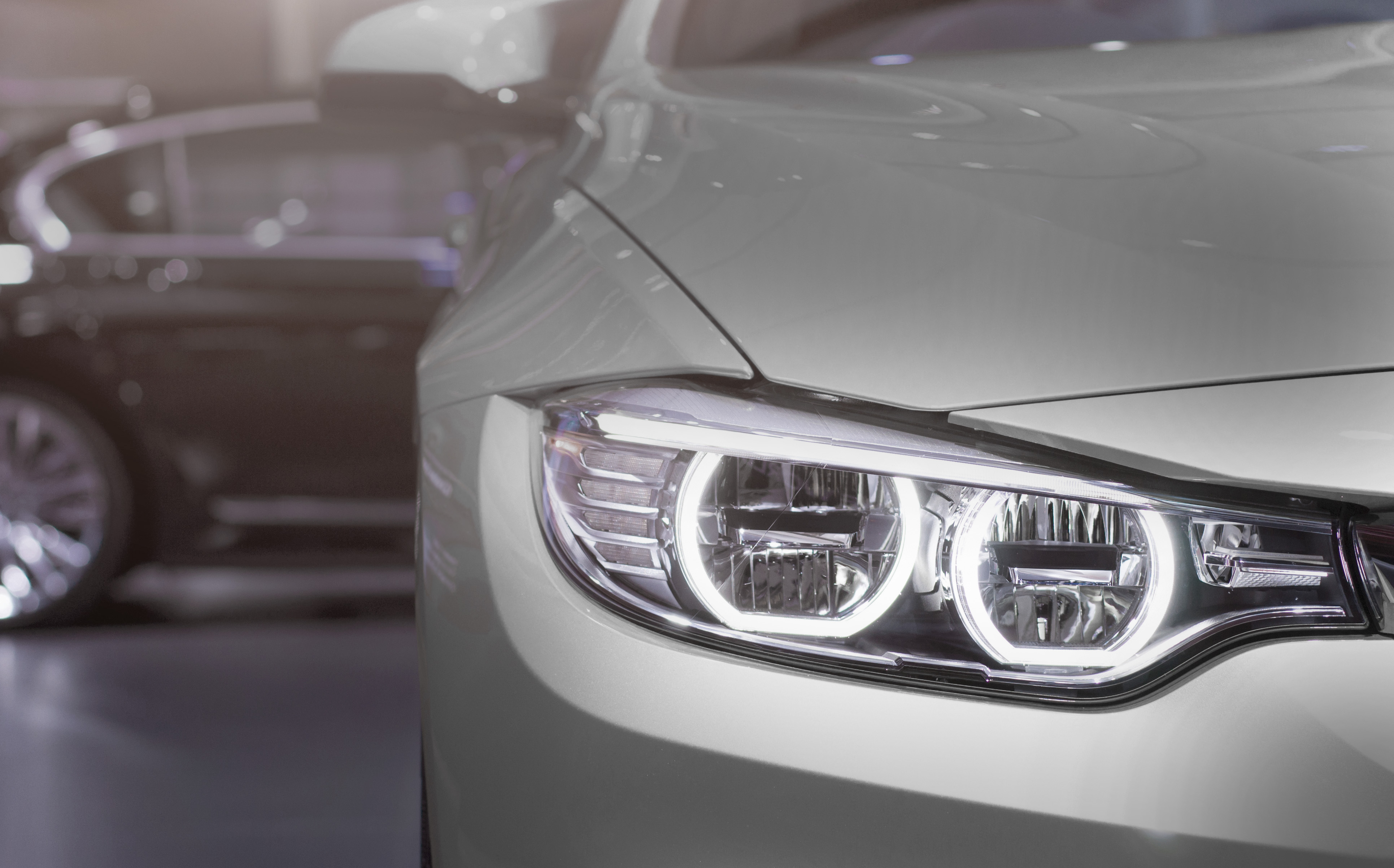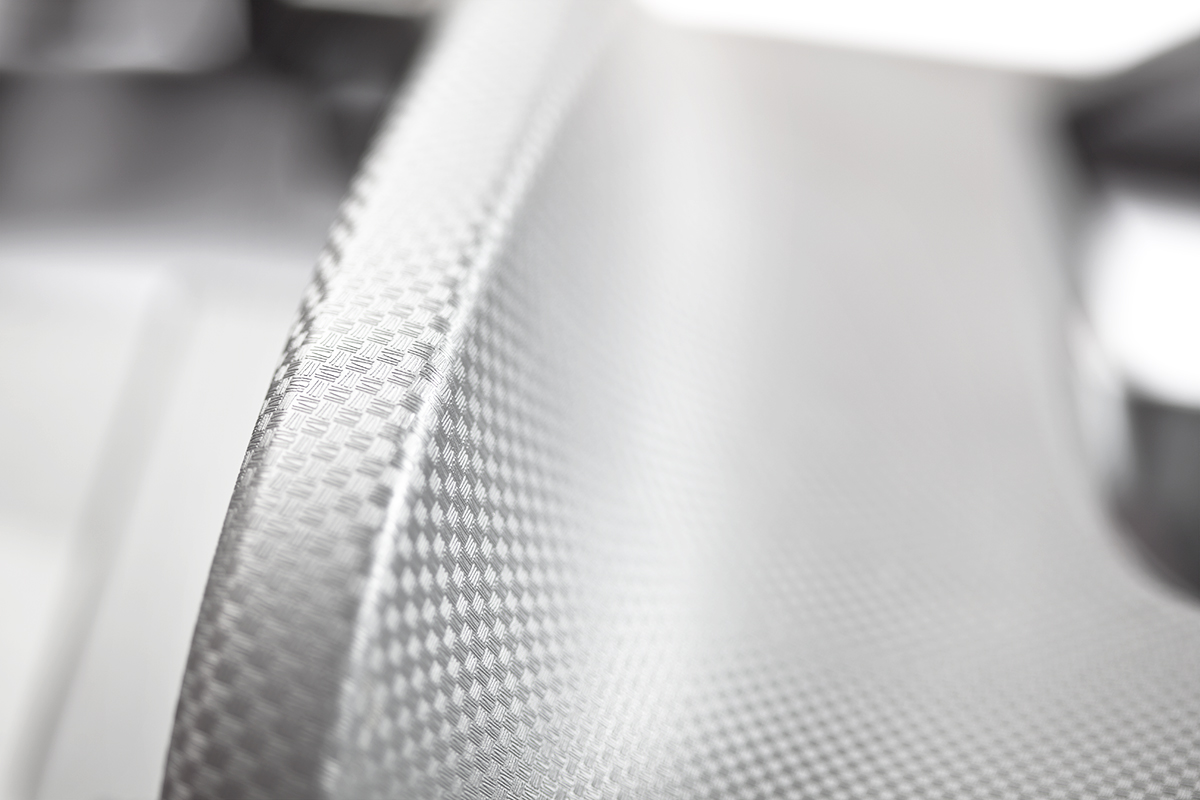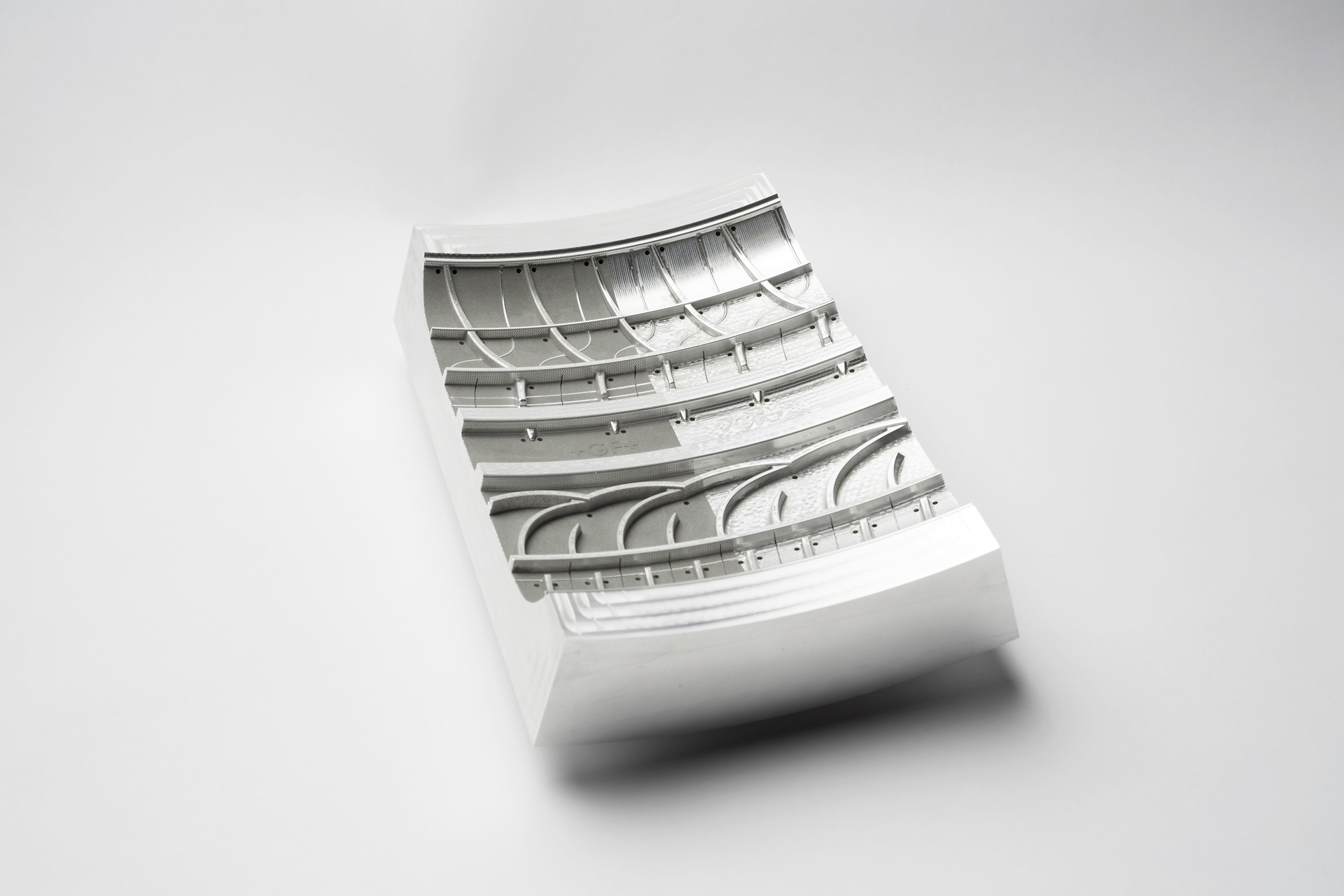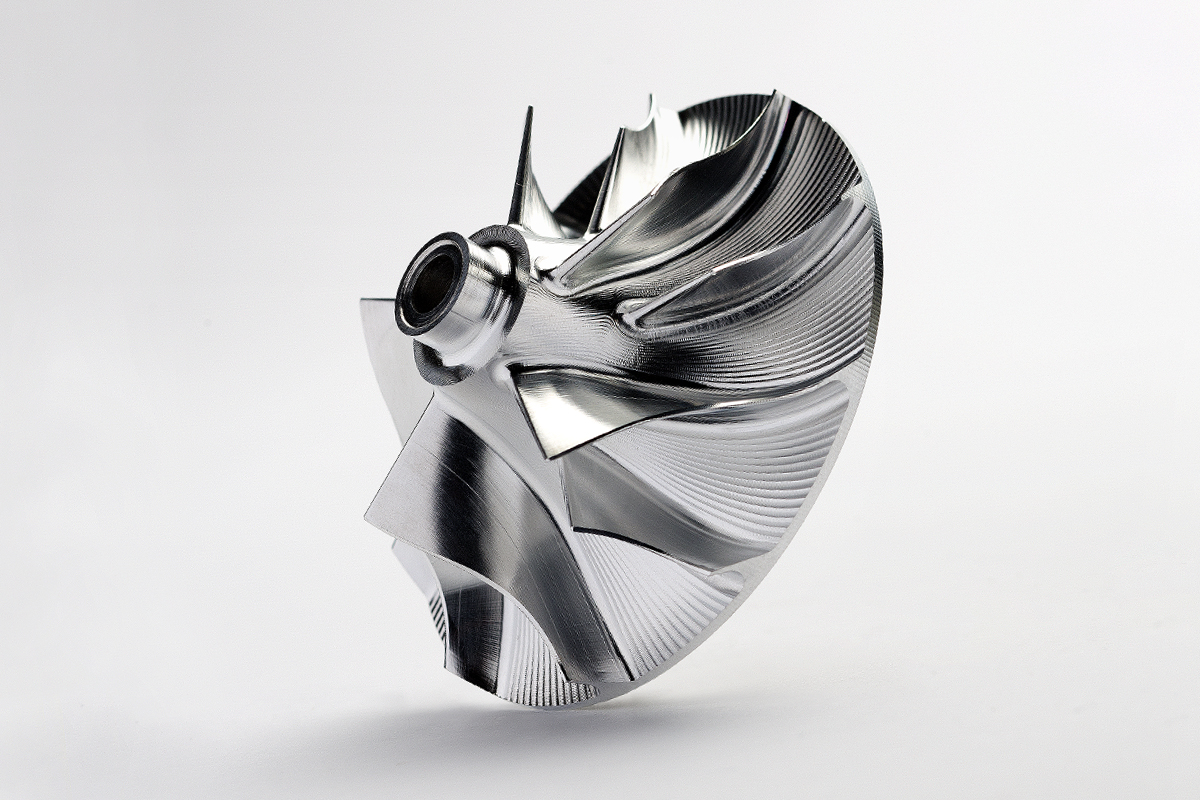Discover the accelerating shift towards New Energy Vehicles (NEVs) propelled by governmental mandates for carbon neutrality, as GF Machining Solutions offers field-proven solutions and technologies, securing your position and maintaining a competitive edge amidst the dynamic market of hybrid, battery, and fuel cell energy vehicles.
Range of solutions
Battery modules

Stamping tools for battery housing and management systems
Batteries are at the heart of different types of NEV powertrains: battery management systems with inverters translate power smoothly and safely, whereas the cooling of battery housings and inverter housings is critical. Manufacturing of theses crucial elements requires precise molds for the production of cathode and anode blades.
- Produce with high precision on any type of material such as silicon carbides and ceramics
- Benefit from the possibility to connect between technologies without comprimising accuracy
- Keep your competitiveness with long-term quality and realiability
Domain controllers and micro connectors
Automotive Electric Architecture is moving from Flat to Domian Control modules and then to high level Zonal control modules, this is to realize autonomous levels and to reduce lag in communication, to reduce harness. This brings in more number Micro control units(MCU) and dentral computing, several zonal electronic control units (ECU). Supply chain have challenges to support this migration and the produce volumes
- Realize Miniatarization micro molds with secured solutions
- Proven solutions to achieve sharp corners and profiles
- Simplified programming and ease operation
- Automation & toolings helps to secure manufacturing of wide range and volume production to run 27/7 unmanned production
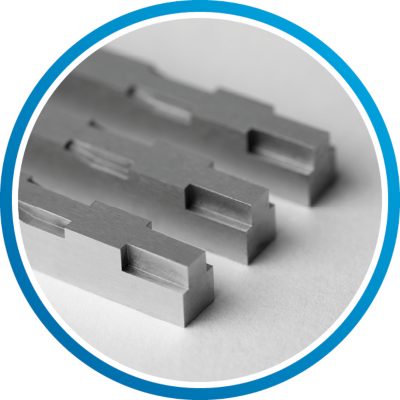
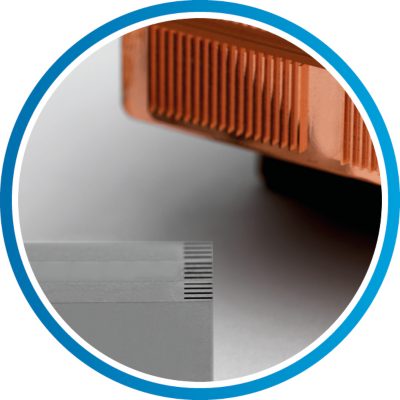
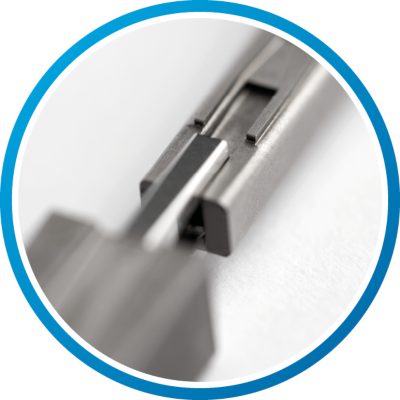
Charging units
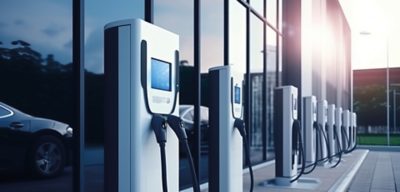
Charging units are designed with cooling channels for safety of user and enfficient charging. They have both high ppwer and micro connectors withgood sealing to avoid any leakage. They use hard plastic materials with Glass fibers. Most use LCP (Liquid Crystal Polyster) as they are good in withstanding heat and long cycles.

- Precision on Micro molds with lowest wear on electrodes
- Ease of programming and operation for easy labor management
- 3DS function helps for gloss and better injection efficieny
- Automation connecting cross technology (EDM/MILL/CMM/washing/ laser..) provides flexibility and effieicny for 24/7 unmanned production.
- Precision on Micro molds with lowest wear on electrodes
- Ease of programming and operation for easy labor management
- 3DS function helps for gloss and better injection efficieny
- Automation connecting cross technology (EDM/MILL/CMM/washing/ laser..) provides flexibility and effieicny for 24/7 unmanned production.
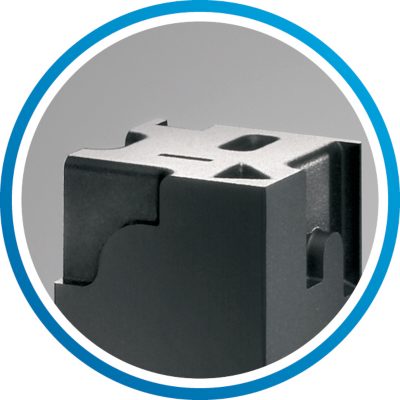
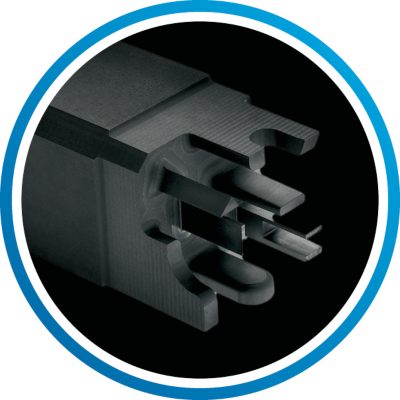
- Precision on Micro molds with lowest wear on electrodes
- Ease of programming and operation for easy labor management
- 3DS function helps for gloss and better injection efficieny
- Automation connecting cross technology (EDM/MILL/CMM/washing/ laser..) provides flexibility and effieicny for 24/7 unmanned production.
Hydrogen (Bipolar plate)
Hydrogen pwertrain is increasing gradually as governments are annoucing huge subsidies. The stacks helps to produce power from Hydrogen and oxygen supplied into it. The exhaust is pure water hence the purest from of Green new Energy vehicle. The stacks are made of thin stamped or embossed metal alloy sheets having thickeness of 0.07mm to 0.12mm. Normaly done by Milling and some by Etching technology. There are other materials like Graphite for different segments.
- Mold tooling / dies requiring variation to be less < 5μm
- Advanced ITC functions ensures Z axis stability over long cycle times
- Steptec in-house made spindles have lowest vibration and runout, ensures stable cutting over long cycle times
- Milling machines are designed thermo stabilized with unique polymer concrete contruction ensuring long term quality & realiability
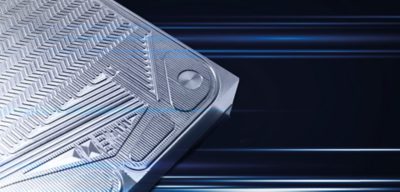
Manufacturing challenges
- Achieve best repeatability with small cutting tools over long cutting times with high spindle speeds
- Constant surface quality of complex flow fields andchannels geometries
- Achieve straightness and profile smoothness
Our solutions to overcome these challenges:
- Technology?
- Features?
- Processes?
- Tools?
Hybrid and EV power trains
Today NEV powertrain design calls for perfect assembly with lowest noice decibles with an high efficiency. This is a challenge for manufacturing of gear tooling calling for high precision across increasing volumes.
- Perfect realization of super high accuracy <4μm realized over full life time of machine
- Automatic Tool changer ensures wide variety for regular production
- Lowest wear of electrode, filed proven with GF MS in-house designed advanced generators
- Large molds solution by Milling and WEDM
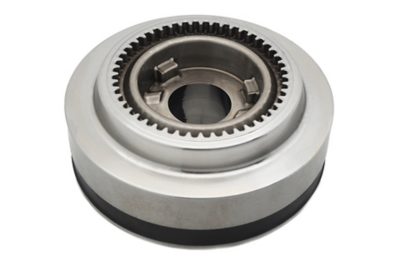
The castings for the drivetrains of the Hydrid Energy Vehicle , Battery Energy vehicle and Fuel Cell Energy Vehicle are key to ensure smooth transition of power with lowest noise decibles and long durability.
The castings require self cooling designs and have more unqiue shapes and deep cavity. The mold for these castings are complicated and require many toolings.
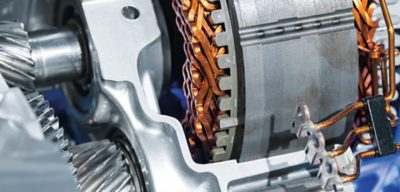
- Realize mold inserts and tooling with faster machining rates for economical production.
- Connect technologies with ease – Milling + EDM
- Stay competitive with long term quality & realiability
- 24/7 running with flexible automated lines connecting all technologies including CMM and wash machine.
EV motors
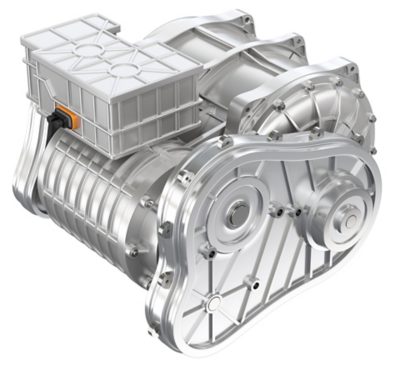
EV Motors are coupled with different kind of Hybrid Energy Vehicles and Battery Energy Vehicles powertrains. The stamped Lamination sheet thickness range between 0.15~0.3mm. Wide range of designs with sharp corners and unique profiles to boost efficiency make if challenging for mold makers. Today most designs use smaller thickness to reduce stamping machine load thereby reducing power consumption raising the need of high precisions mold.
- GFMS Wire EDM for precision and flexibility
- Water and OilTech technologies with advanced generators
- Realize economy – Zero wire breakage and faster cuts with ISPS functions in advanced new IPG’s(generators).

